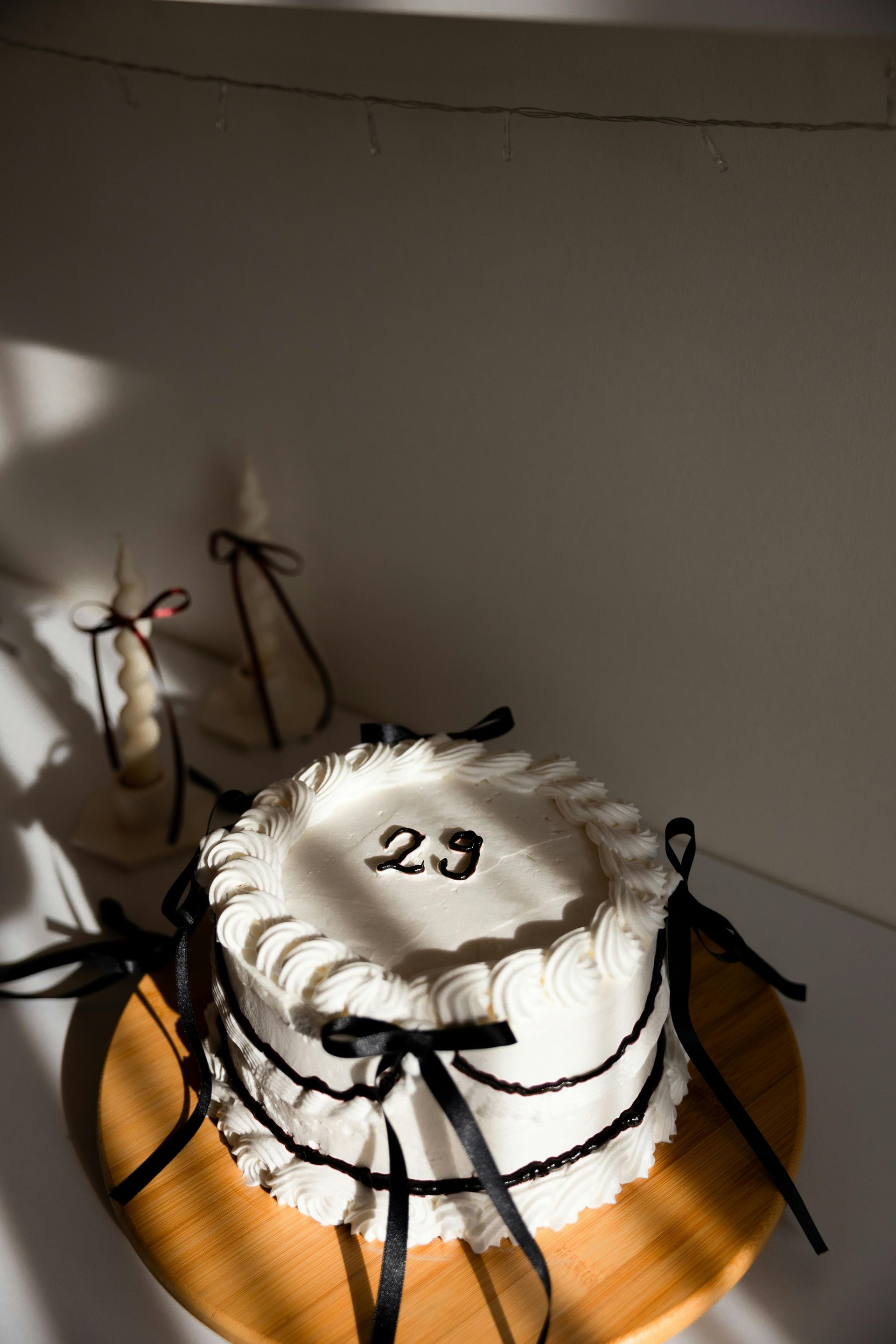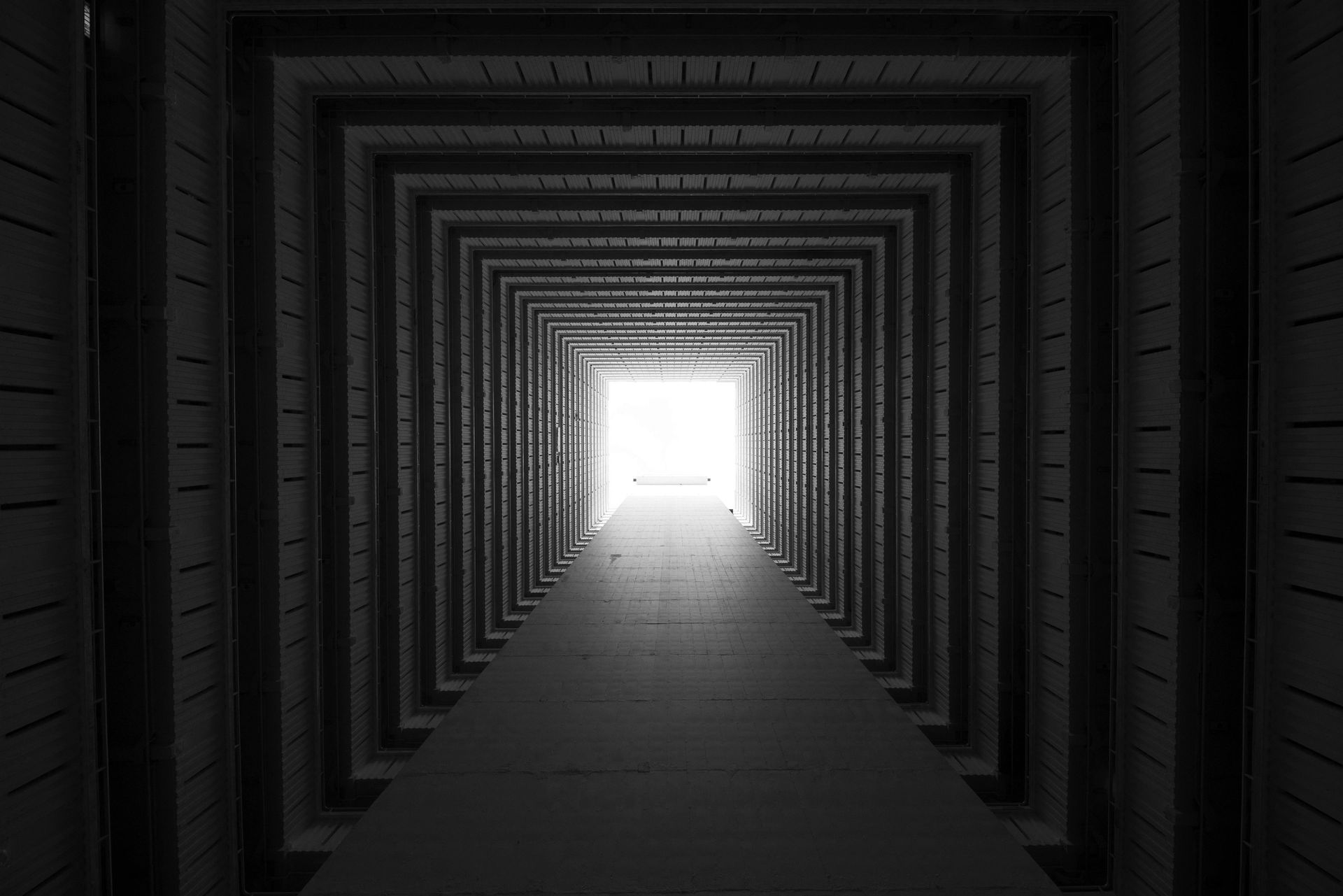Entry No. 13: Taking The Path Less Traveled
morganjohnson153 • October 3, 2022
“Change might not be fast and it isn't always easy. But with time and effort, almost any habit can be reshaped.” ― Charles Duhigg,
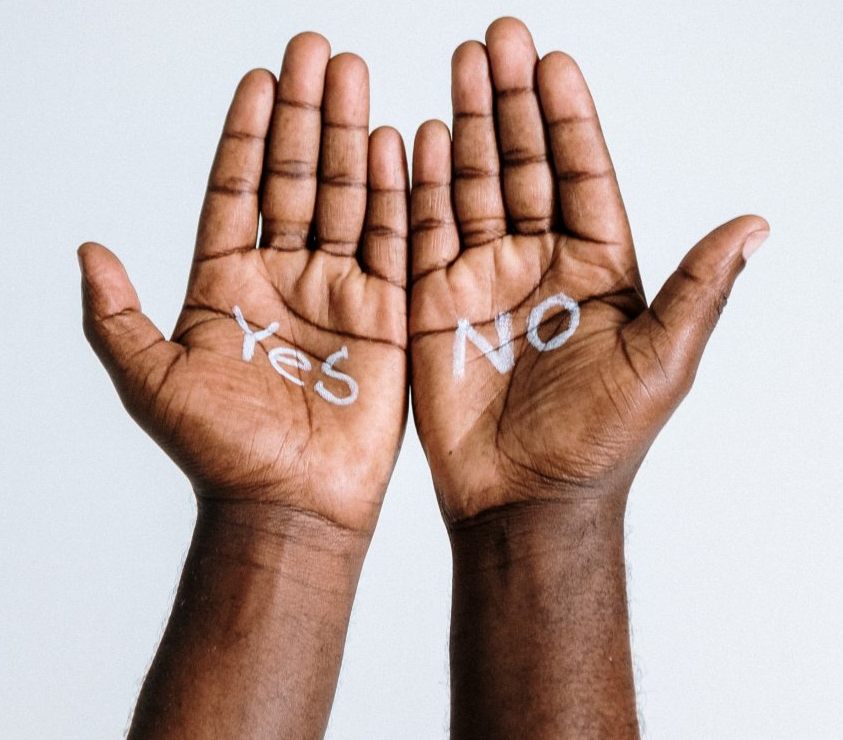
Being that 13 is my favorite number, I decided to pick one of my favorite topics to talk about:
Habits
.
Now being that this is one of the self-help things that I am very passionate about, I have read MANY books on this topic. My two personal favorites are:
While habits can be an overwhelming topic we are going to start simple. How do you eat an elephant? One bite at a time .
Habits are the little things that we do each day on autopilot that make us who we are. Most of our habits happen without us even realizing it, which when you think about it is kind of scary. Habits are made up of three parts:
Some simple examples of this would be:
Now sometimes habits are more complex:
Not all habits are good habits as demonstrated above. But breaking bad habits and creating new ones is insanely difficult. Why is that?
Think of your brain as a mountain covered in snow, with the top of the mountain being the reward and the bottom being the cue. Our brain wants to get us from the bottom of the mountain to the top as quickly and efficiently as possible . It doesn't want to take a difficult path, it wants the one with the least resistance.
Why make life harder, you know?
Well the more you climb the mountain, the more a trail forms, the snow gets thinner there, and the path is easier to walk. That's why your brain takes that path, the exact same way, over and over again. That is a habit that we have set in stone. Have you ever driven all the way home and pulled into your driveway and thought “How did I get here?” That is your brain going into autopilot following a habit loop.
Creating a new habit is basically telling your brain, “I know this path is easy and we have done it a million times, but I want to get back into the deep snow and make a second path.”
Your brain doesn’t want that.
So it fights you, it's hard to forge that new path but it's super important we do so. Especially when we know that the habit we do is no longer serving us, or does not align with the "us" we want to become.
Eventually, the new path becomes easier and easier to follow, and the old path starts to disappear. But like all good things, this takes time. It is much easier to take the old path and head toward comfort than it is to try new things and be uncomfortable. But here's the thing:
If you are not uncomfortable, then you are not living.
Have you ever heard the dramatic phrase “existence is pain?” It's wrong. Existence is easy, it's autopilot and it doesn't hurt. Life is what gets you, that's why they call them growing pains .
Some ways I have found to be very helpful in the formation of new habits are:
When my husband deployed I noticed I was creating bad habits and neglecting myself and my house because I was sad. So the creation of new habits and the rewiring of my brain has been something that I am focusing on now. I hope you will join me in creating a new path.
What are you doing currently on autopilot that you want to stop? What is your plan to rectify that?
“We are what we repeatedly do. Excellence, then, is not an act, but a habit.” - Will Durant
Love you more,
Morgan
Check this out Corner:
The Task Tagging Key Tags . These seriously have been game changers in helping me with the formation of habits and making sure that I don't “start them tomorrow.”
Now being that this is one of the self-help things that I am very passionate about, I have read MANY books on this topic. My two personal favorites are:
- Atomic Habits: An Easy & Proven Way to Build Good Habits & Break Bad Ones by James Clear
- The Power of Habit: Why We Do What We Do in Life and Business by Charles Duhigg
While habits can be an overwhelming topic we are going to start simple. How do you eat an elephant? One bite at a time .
Habits are the little things that we do each day on autopilot that make us who we are. Most of our habits happen without us even realizing it, which when you think about it is kind of scary. Habits are made up of three parts:
- Cue - triggers the behavior
- Routine - the habit itself
- Reward - positive reinforcement
Some simple examples of this would be:
- Cue - you are on fire
- Routine - you stop, drop, and roll
- Reward - you don’t die a terrible death
- Cue - a cake with candles is presented to you
- Routine - you blow out the candles when the singing stops
- Reward - a delicious cake with your DNA spread all over it
Now sometimes habits are more complex:
- Cue - you have a rough day at work
- Routine - come home have a glass of wine
- Reward - you don’t have to feel upset about your bad day and get to relax
- Cue - you get home from work and see the couch
- Routine - you plop down on the couch to watch just “one” episode
- Reward - you relax and procrastinate the dishes for the third night in a row
Not all habits are good habits as demonstrated above. But breaking bad habits and creating new ones is insanely difficult. Why is that?
Think of your brain as a mountain covered in snow, with the top of the mountain being the reward and the bottom being the cue. Our brain wants to get us from the bottom of the mountain to the top as quickly and efficiently as possible . It doesn't want to take a difficult path, it wants the one with the least resistance.
Why make life harder, you know?
Well the more you climb the mountain, the more a trail forms, the snow gets thinner there, and the path is easier to walk. That's why your brain takes that path, the exact same way, over and over again. That is a habit that we have set in stone. Have you ever driven all the way home and pulled into your driveway and thought “How did I get here?” That is your brain going into autopilot following a habit loop.
Creating a new habit is basically telling your brain, “I know this path is easy and we have done it a million times, but I want to get back into the deep snow and make a second path.”
Your brain doesn’t want that.
So it fights you, it's hard to forge that new path but it's super important we do so. Especially when we know that the habit we do is no longer serving us, or does not align with the "us" we want to become.
Eventually, the new path becomes easier and easier to follow, and the old path starts to disappear. But like all good things, this takes time. It is much easier to take the old path and head toward comfort than it is to try new things and be uncomfortable. But here's the thing:
If you are not uncomfortable, then you are not living.
Have you ever heard the dramatic phrase “existence is pain?” It's wrong. Existence is easy, it's autopilot and it doesn't hurt. Life is what gets you, that's why they call them growing pains .
Some ways I have found to be very helpful in the formation of new habits are:
- Habit stacking- take a habit that you already do and tack another habit onto it. Example: you want to be more physically active. When you're in the shower (a habit you already do which is serving a cue) you are going to add 50 calf raises (routine) which will make you more physically fit (reward).
- Adjusting your environment- trying to eat healthy? Do not keep a loaded candy dish in the house, throw out the chips, and keep healthy snacks readily available.
- Task Tagging - This is something new I learned from TikTok (created by Jessica Nazzareno). You put a bunch of loud and annoying keychains on your wrist and can only take them off once the task is completed. This has really worked for me recently and I highly recommend it.
- Vision Boards - I have one in my bedroom and on it are pictures of things that I want to achieve or I am working towards. Forcing myself to look at that every single day helps motivate me to act on the habits that align with who I am striving to be.
When my husband deployed I noticed I was creating bad habits and neglecting myself and my house because I was sad. So the creation of new habits and the rewiring of my brain has been something that I am focusing on now. I hope you will join me in creating a new path.
What are you doing currently on autopilot that you want to stop? What is your plan to rectify that?
“We are what we repeatedly do. Excellence, then, is not an act, but a habit.” - Will Durant
Love you more,
Morgan
Check this out Corner:
The Task Tagging Key Tags . These seriously have been game changers in helping me with the formation of habits and making sure that I don't “start them tomorrow.”
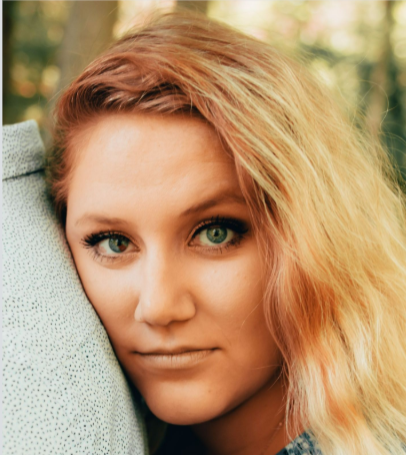
Morgan Conner
is the passionate creator and driving force behind The Modest Journal. At 28 years old, she wears many hats as the owner, founder, CEO, and self-described "resident words girl."
For Morgan, words are more than just communication—they are her love language, her means of storytelling, and a source of inspiration for others. Her blog is a testament to her desire to merge her passions into a single creative outlet, aiming to bring joy and provoke thought through her words.
Whether she's impacting, inspiring, or offering a fresh perspective, Morgan hopes her writing resonates deeply with her audience.
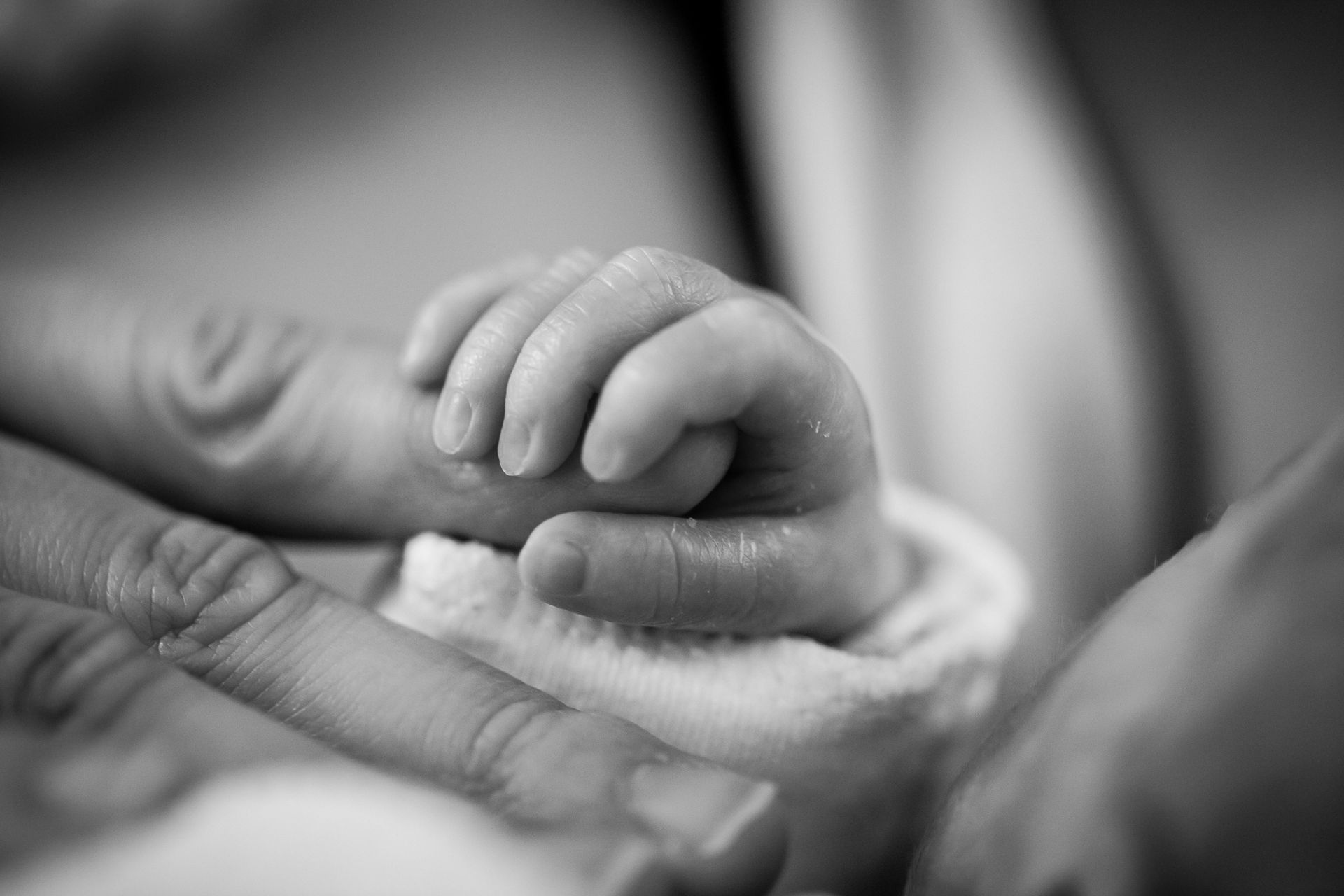
October 30, 2025
To Our Son Cannon: You are loved, believed in, protected, and supported more than you could ever imagine. Why? Just for being you, no strings, no conditions, no stipulations. You and you alone will always be enough. It's been a bit since I sat down to write, and well, for good reason. A lot has changed in the past five months since I last posted an entry. Our son was born a few months ago, and he has changed our priorities and the amount of time and effort we have to dedicate to other things, and rightfully so. I am not sure if this post will be inspirational, helpful, or motivational for anyone in any way. In all honesty, it might serve as a dumping ground for some of the thoughts and feelings that have been sitting on my chest, spewed out onto the keys in a very “all over the place” manner. But it is real, and it's raw, much like I have found motherhood to be. My son was delivered via scheduled C-section. He was measuring quite large, and the doctors were growing concerned with his size and delivery as well as shoulder dystocia. Aka, they were concerned that he would be stuck in the birth canal, leading to an emergency c-section, or, as I was told, they could try to “gently break his clavicle to get him out.” I don't know about you, but I refuse to “gently” break a bone in my kid so I can have the “badge of honor” of a vaginal birth. I am not saying a vaginal birth isn't worth celebrating, but becoming a mom is hard in any fashion; none of it is ever easy. I am saying I would never allow my son to suffer so I could have bragging rights. I know some people don't view a C-section as “birth,” but I can assure you it is. When you are pulled into that room without your partner, practically naked, terrified, and surrounded by people who are just experiencing another day at work, just to be numbed, restrained, and cut into while you are awake, praying the whole time that you survive, it's not easy. Its birth. It's love. It's motherhood. Being that I was scheduled to have my son, unlike the birth experience where I always imagined some dramatic water breaking moment and scrambling to the hospital like in the movies, it was pretty simple. Call the doctor, schedule the appointment, prepare for surgery, walk in, and have a baby. Each way has its pros and cons, but it was nice to be able to know when he was coming. Although the night before he was born was worse than any night before Christmas or the first day of school that I ever had as a kid, or even the night before my wedding. The anticipation was insane. I was feeling so much excitement to meet my son, but also so much fear that both he and I would be okay the next day. I spent most of the night writing letters to my family members in the event that I didn't survive the next day. The morning of my son's birth, as we gathered the last-minute items to go to the hospital, I told my husband, “If I don't make it, both my will and my letters to my loved ones are on my Google Drive.” I told him I didn't want to ruin the mood of the day with my fear, but I never wanted to leave him unsure of what to do, and from then on, we just didn't talk about it. We drove to the hospital, and we had our son. Later that day, I asked him if he would want to read what I wrote to him the night before, and he said he never wanted to read the letter, and he still hasn’t. In fact, he was, until this moment, the only one who knew they were written. I have never seen that man look more terrified than when I was on the operating table and more relieved than when both our son and I were safe. I truly could not have done it without him, and I am grateful for him and love him even more every day. Preparing for a C-section was terrifying. I knew the risks were higher, I knew what was going to happen to me, I knew the recovery would be worse, and I walked into that room head held high and determined to leave it alive. I am very lucky. I had an incredible medical team who made the process so smooth for me that I am so happy I chose to do a C-section. Our son was born with the cord around his neck, and his head and shoulders measured more than 10 cm around, confirming he most likely would have been stuck and unable to breathe. Resulting in an emergency C-section anyway and a whole other litany of potential complications and risks. But we made the choice ahead of time, and it was the right one. God’s plan is always the best way. Postpartum was like nothing I had ever experienced. At the time, I just wanted the pain and sleepless nights to end. But now, as my son sleeps through the night and I feel just a tad more normal, I would be lying if I said I didn't miss it. I never thought I would miss that hospital room when I walked out of it. But as he continues to grow, learn, and change right before my very eyes, a part of me longs for the hours/days old baby who wailed and the parents who had no clue how to make it stop. It's hard to remember a place and time that we can never go back to. It feels like just yesterday, but also a lifetime ago. I love the person he is, and miss the person he was, and I am excited for the person he will be all at the same time. It's such a complicated feeling to describe, but I am sure that every parent out there can relate. I have always loved kids. From a very young age, I have always wanted to be a mom. I taught many children over the years, from my first Preschoolers I ever worked with in 2012 to the last class in 2018. I have babysat and nannied for countless families and kids. If you know my story, then you know I was a step-mother to a sweet girl as well for almost the first year of her life. I have always LOVED kids. After over a year of trying, I can honestly say there was a point when I was afraid I would never get to have one of my own and have the family I always dreamed of. Every child is a blessing, but in our eyes, our miracle baby takes the cake. When you struggle and almost lose hope for so long, the light at the end of the tunnel shines just a little brighter. To those out there in any form of fertility struggle, loss, or challenge, as it involves kids, trying to conceive, external pressures from people who have no idea what you are going through, or the unspeakable grief of losing a child, I see you. If you ever need someone to talk to, my door is always open. My heart is with you. As I become more of Morgan the person again and a little less of Morgan the mom, I am starting to do the things that I love to do. Dusting off the books, the crochet hooks, and most importantly, the laptop keys. I hope to get back into all things blog and writing because I miss it. As this is my 54th entry, one can assume I have a lot to say, and holding it all in for months, you can only imagine how full my head is. But it is not nearly as full as my heart or my arms are nowadays. I wouldn’t have it any other way. Love you more, Morgan Cannon’s Mom Check this out Corner: Baby Einstein's Free Spotify Playlist If you have kids or even if you don't, classical music is great for everyone. As said in the Disney Pixar Movie The Incredibles, “Who is ready for some neurological stimulation?”
